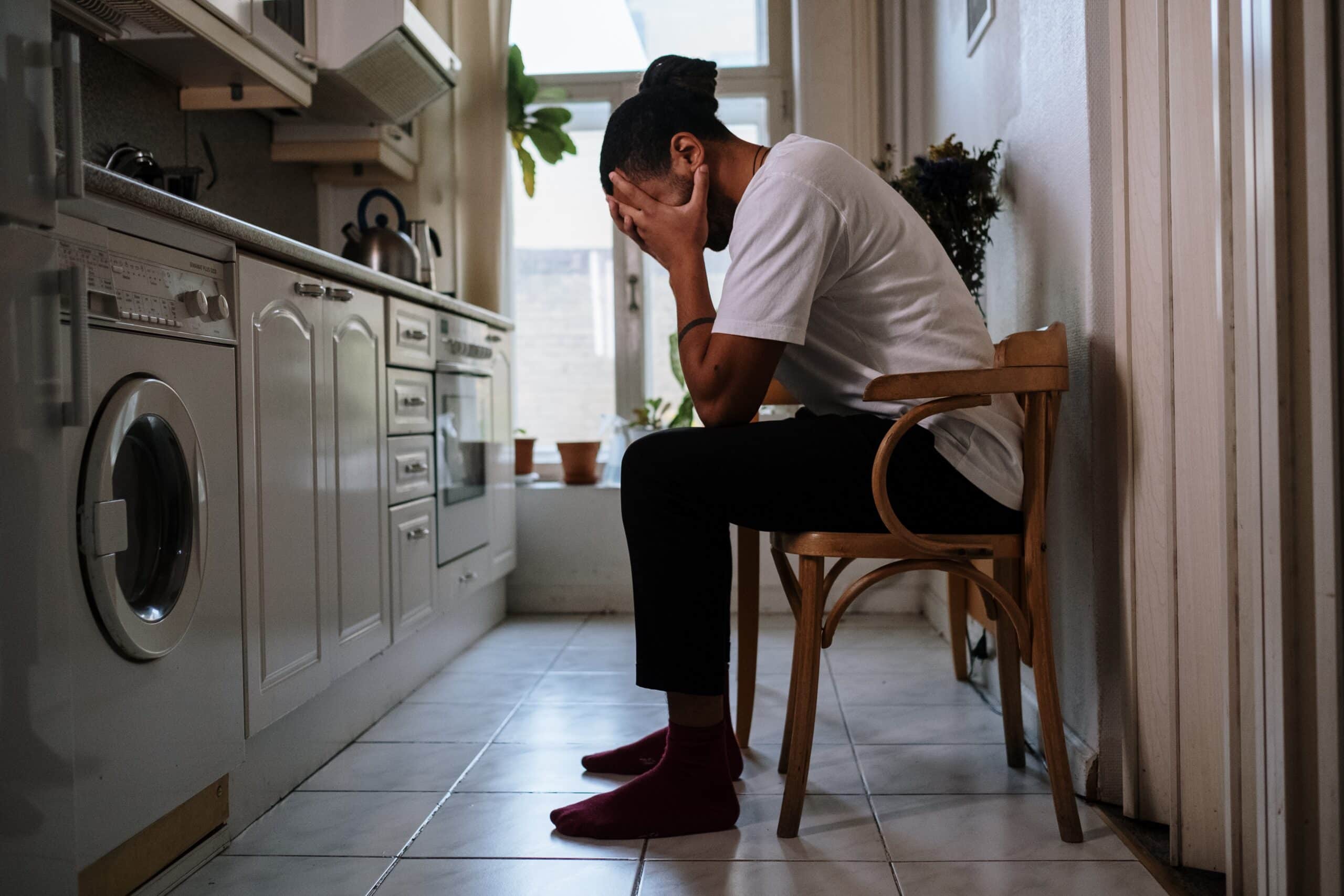
Couples Therapy
Couples therapy can address a wide range of relationship issues, including recurring conflicts, feelings of disconnection, an affair, issues related to sex, or difficulties due to external stressors.
What is Couples Therapy?
Couples therapy, also known as marriage counseling or relationship therapy, is a form of psychotherapy that aims to help couples resolve conflicts, enhance communication, and improve their relationship satisfaction. It involves sessions with a trained therapist who assists couples in identifying and addressing issues within their relationship.
Types of Couples Therapy
Emotionally focused therapy (EFT): EFT focuses on improving the attachment and bonding between you and your partner. The therapist helps you understand and change patterns that lead to feelings of disconnection.
Gottman method: This method involves addressing areas of conflict and equipping you and your partner with problem-solving skills. It aims to improve the quality of friendship and the level of intimacy between you and your partner.
Psychodynamic couple’s therapy: Psychodynamic therapy explores the underlying hopes and fears that motivate you and your partner, to help you understand each other better.
Behavioral therapy: Also known as behavioral couples therapy (BCT), this form of therapy involves shaping behavior by reinforcing positive behaviors that promote stability and satisfaction, while discouraging behaviors that foster negativity.
Cognitive behavioral therapy (CBT): Also referred to as cognitive behavioral couples therapy (CBCT), this form of therapy involves identifying and changing thought patterns that negatively influence behavior.
What Couples Therapy Can Help With
Couples therapy can give you and your partner the opportunity to discuss and resolve issues related to several aspects of your relationship, which can include:
Roles in the relationship: Couples therapy can help you examine the roles you and your partner play in the relationship and identify unhealthy dynamics. It can also help address differences in expectations.
Beliefs and values: Couples therapy can help you and your partner discuss your beliefs, values, and religious sentiments and the implications of these aspects on your daily lives.
Finances: Finances can be a major source of conflict in relationships. Couples therapy can help promote open dialogue and transparency around income and spending habits.
Time spent together: You and your partner can address issues that have been sabotaging your time together. You can discuss activities that you enjoy doing together and how to make time spent together more enjoyable.
Children: If you and your partner are not on the same page about whether or not you want to have children or how you would like to raise them, couples therapy can help you communicate these concerns. It can also help with stressors like difficulty conceiving or adopting children.
Familial relationships: Couples therapy can help you and your partner work out issues stemming from conflicts with other family members, like parents, children, and siblings.
Sex and intimacy: If you and your partner are having issues related to sex and intimacy, or infidelity, couples therapy can offer a safe space for you to share your feelings and needs.
Health issues: Physical or mental health illnesses can be hard on you and your partner. Couples therapy can help you deal with the stress it puts on your relationship.
External stressors: Therapy can also help you and your partner deal with conflicts caused by external factors, like work, that can put stress on your relationship.
Benefits of Couples Therapy
Understand each other better: Couples therapy can help you understand yourself and your partner better. It can help both of you express your feelings, hopes, fears, priorities, values, and beliefs.
Identify relationship issues: Your therapist can help you and your partner identify issues that are leading to recurring conflicts, a lack of trust, and feelings of disconnection, says Mueller.
Improve communication skills: Therapy can help you and your partner communicate with each other. It can help you express yourself and ask for what you need without attacking or blaming your partner.
Resolve conflicts: Your therapist can help you and your partner work through your issues and resolve them.
Strengthen friendship and attachment: Couples therapy can help strengthen the friendship, attachment, bonding, and intimacy between you and your partner.
Terminate dysfunctional behavior: Your therapist can identify dysfunctional behaviors and help eliminate them.
Learn skills: Couples therapy is not a long-term form of therapy. Instead, it is a short-term therapy that aims to equip you and your partner with skills to help you prevent and manage conflicts that arise down the road.
Improve relationship satisfaction: Couples therapy can help improve the overall quality of your relationship so that you and your partner are happier together.
Effectiveness
Couples therapy can help with relationship satisfaction, communication, forgiveness, problem solving, and resolution of needs and feelings. Emotionally focused therapy (EFT) particularly has strong research support across a wide range of concerns. EFT report reduced distress and increased relationship satisfaction for both partners, with benefits lasting even two years after treatment.
Things to Consider
Couples therapy ideally requires participation from you and your partner. However, if your partner is not open to it, you can also opt to do couples therapy alone, to better understand your relationship and how you can improve it. If you and your partner undertake it together, you may find that one or both of you also need separate therapy sessions to help deal with the issues brought up in couples therapy. If you or your partner are also dealing with other issues, like substance abuse for instance, your therapist might suggest specialized therapy for treatment.
Our team as Palm Beach Counseling and Behavioral Health (PBCB) offers a range of services designed to provide only the best counselling for couples.
Being in a relationship can take more time and energy than people would expect; hence our services and techniques are useful for providing insight into every relationship.

Emotionally Focused Therapy (EFT)
EFT focuses on revitalizing the bond between partners, where our therapist will help couples understand the patterns that have caused fractures in the relationship.

Reflective Listening
Reflective listening is an exercise where the couple takes turns being active listeners, using first-person statements to express their discontent – serving as a form of conflict resolution.

Narrative Couples Counselling
This therapy is a service used to analyze both parties describing their relationship to bring inconsistencies in perception to light, helping the couple see common threads that do or do not work.

The Gottman Method
At Palm Beach Counselling, we offer the Gottman method as a service to locate conflict within a relationship. Here, the therapist works closely with the couple to engage them in problem-solving activities that can work in the future.

Imago Relationship Therapy
This service emphasizes the connection between childhood and adulthood, looking at how previous experiences negatively impact a couple’s relationship.

Solution Focused Therapy (SFT)
SFT is centered around a couple’s goals, encouraging both parties to look towards a unified vision of the future rather than remain fixated on the problems of the past.
Here at PBCB, we ensure that these methods are effective for successful couples counselling and hope patients are able to find the method that suits their relationship best.
Our More Services


Does Overindulgence Affect Your Mental Health? What You Need To Know

Can Anxiety Be Triggered Easily?

Unlocking the Link: How Depression Can Lead to Substance Abuse

How Music Helps with Behavioural Issues

Beyond the Vow: Exploring the Different Types of Matrimonial Abuse

From Tantrums to Therapy: When It’s Time for Children to Get Professional Help?

How Journaling Enhances the Therapeutic Process: Journaling Your Way to Mental Wellness

Is Bullying Truly Emotional Abuse? Unveiling the Thin Line

